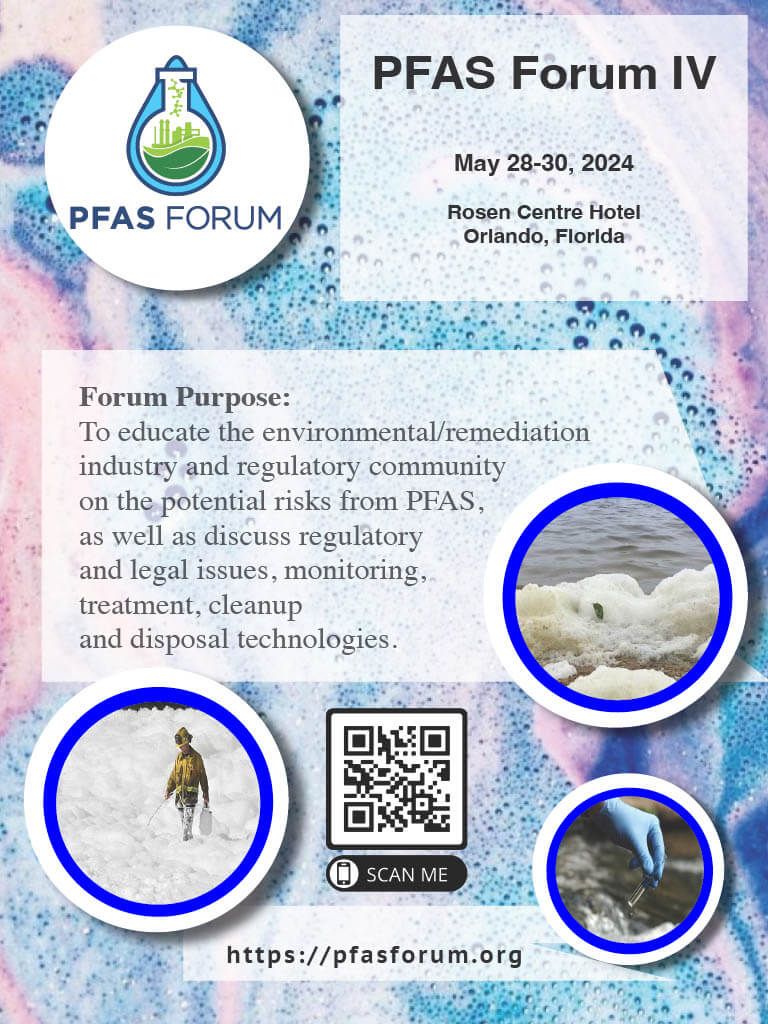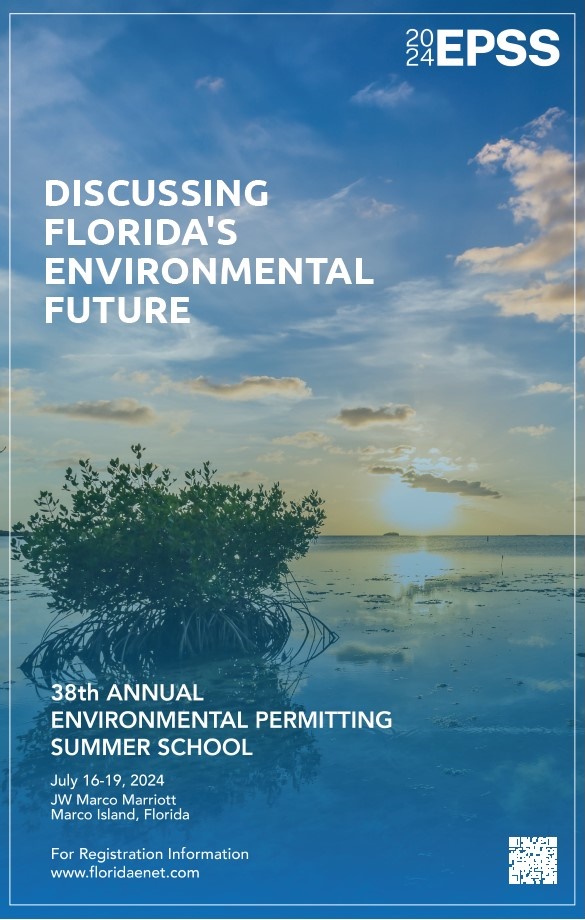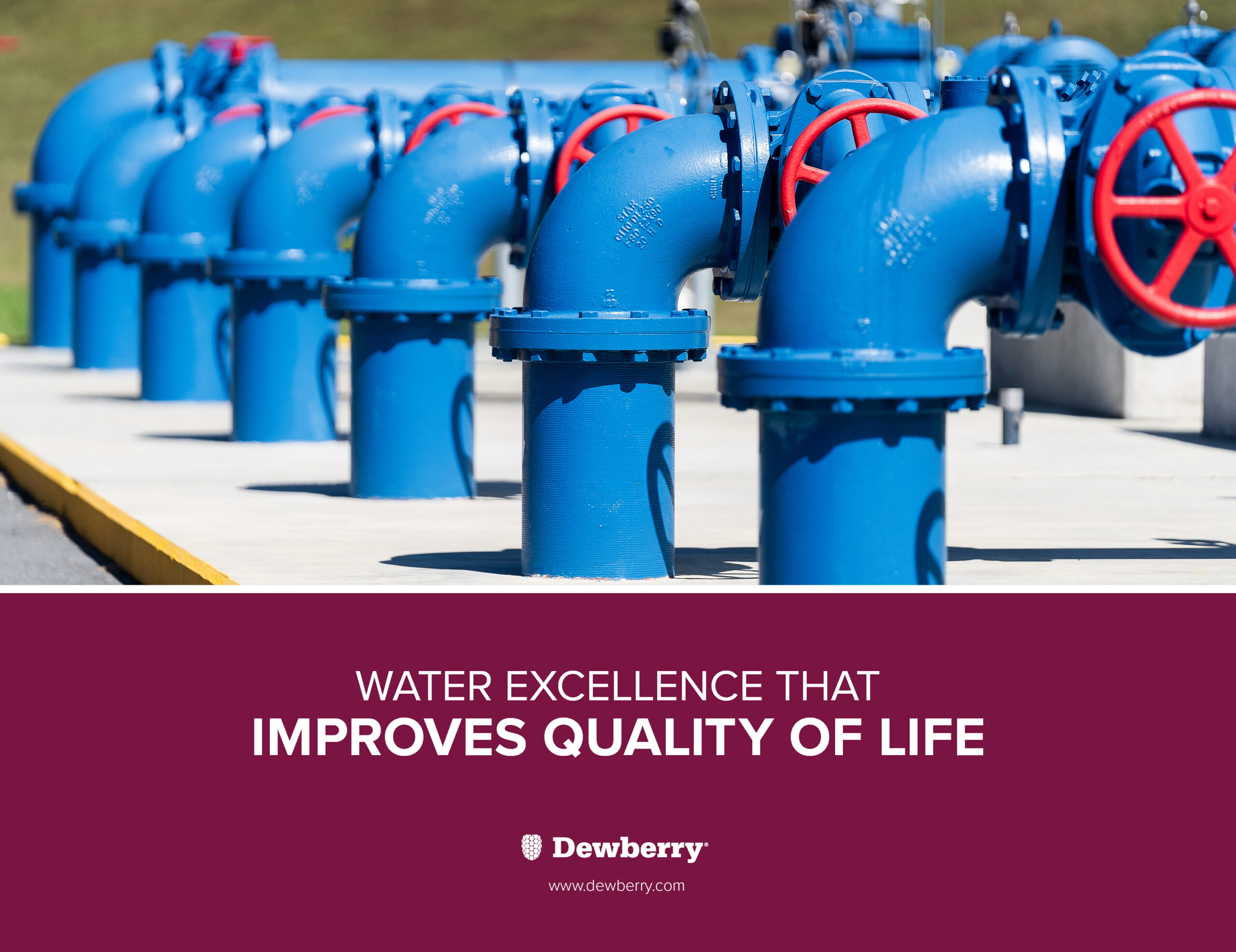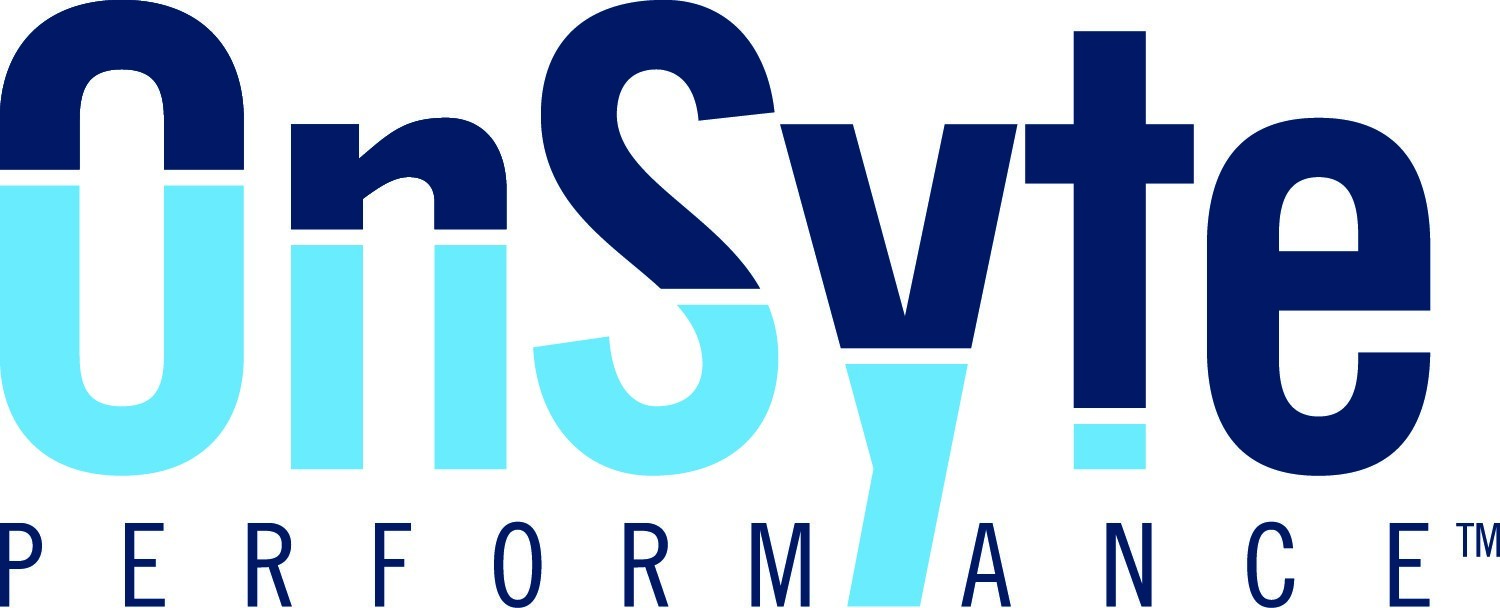By Lina Alfieri Stern

TEXAS
Chevron Launches Public Compressed Natural Gas (CNG) Station
Chevron has launched a public Beyond6 compressed natural gas station in Midland, emphasizing the company’s commitment to develop and provide affordable, reliable, and cleaner energy to the industrial sector. The station caters to Detmar Logistics’ fleet of 70 CNG trucks. CNG is seen as a favorable solution for heavy-duty vehicles with limited travel distances, offering economic benefits and lower emissions. Chevron aims to link the station’s CNG supply to their responsibly produced natural gas, targeting the Permian Basin’s truck traffic. Read more.
Geothermal Facility Aims to Power 600 Homes
Houston-based startup Sage Geosystems has unveiled plans for EarthStore, a pioneering three-megawatt geothermal energy storage project in Texas, aiming to power 600 homes during peak demand. The $14 million initiative, partially funded by a $17 million Series A investment from investors like Chesapeake Energy, is set to connect to the Electric Reliability Council of Texas grid. By utilizing underground heat to enhance water circulation and generate electricity, EarthStore offers extended storage capacity of up to 18 hours, a notable advancement compared to typical battery storage systems. The technology involves fracking methods to drill wells deep beneath the Earth’s surface. Following its initial phase, Sage Geosystems plans to expand the project’s capacity and explore partnerships with local renewable energy sources like solar farms. Read more.
Texas Leads Nation in New Utility-scale Solar/Battery Projects in 2024
In 2024, solar and battery storage projects are projected to dominate new utility-scale electric-generating capacity additions in the United States, according to the US Energy Information Administration (EIA). The EIA report indicates that Texas will lead in new projects this year, accounting for 35% of new solar projects and 6.4 GW of battery storage capacity, while California is projected to contribute 10% of new solar projects and 5.2 GW of battery storage capacity. The state is recognized as the primary driver of battery storage growth and currently hold the highest opera Additionally ting battery storage capacities in the nation. Solar energy is set to make up 58% of the new utility-scale capacity nationwide. Read more.
Water Infrastructure Grants of Nearly $360M Awarded to Texas by EPA
The U.S. EPA announced $358,980,000 in funding from President Biden’s Investing in America agenda for Texas to upgrade drinking water and clean water infrastructure. This investment, part of the largest water infrastructure funding in American history through the Bipartisan Infrastructure Law, aims to support essential water infrastructure projects across the state to protect public health and water bodies. Nearly half of the funding will be available as grants or forgiveness loans to benefit underserved communities in need of water infrastructure improvements. The funding will be distributed through the Clean Water and Drinking Water State Revolving Funds to address challenges such as aging infrastructure, stormwater management, and emerging contaminants like PFAS. The investment in Texas is part of a larger $5.8 billion allocation to support water infrastructure projects nationwide. Read more.
Texas Governor Assures Oil and Gas Operators of Electricity Supply
Texas Governor Greg Abbott, speaking at the annual National Association of Petroleum Engineers conference, assured oil and gas operators in Texas about the availability of electricity, stating that the power load will be increasing to support their operations. He emphasized the need to match the state’s growing population, which increased by almost 1M people in 2022 and 2023, with an annual 10 to 15 percent increase in power supply. Abbott highlighted the importance of natural gas in providing reliable power when renewable sources such as wind and solar are not generating electricity. Lt. Gov. Dan Patrick also announced plans for the state to build natural gas power plants if the private sector does not take action. The state is offering incentives, such as the Texas Energy Fund, to encourage private development in the energy sector. Abbott expressed Texas’ commitment to maintaining its position as a leader in energy production, regardless of the energy source. Read more.
Large Green Hydrogen Production Facility To Begin Production in Q2 2024
HNO International, Element One Energy, and Pneumatic and Hydraulic Company are collaborating to develop the world’s first 500 kg per day green hydrogen production facility in Houston, set to be completed in Q2 of 2024. This project is part of HNO International’s Scalable Hydrogen Energy Platform (SHEP™), designed for efficient hydrogen production, storage, and dispensing. The modular platform is scalable and versatile, catering to various industrial and commercial applications. The collaboration signifies a significant milestone in advancing hydrogen infrastructure. Read more.
EPA Clean Bus Program Grants to Support Several Texas School Districts
The U.S. EPA announced grants totaling at least $26,242,108 to Envirotech Vehicles, Highland CSB 1, LLC, Lion Electric Co USA, Inc, and several school districts in Texas through the Clean School Bus Program Grants Competition, supported by President Biden’s Investing in America agenda. These funds will aid in purchasing clean school buses across seven school districts in Texas, advancing environmental justice, improving air quality, and creating jobs. The initiative aims to transition to low- and zero-emission vehicles, benefiting children and families while boosting the economy. Additionally, Texas is set to receive more funding via third-party selectees operating in multiple states, further promoting cleaner school transportation options. Read more.
LOUISIANA
Water Infrastructure Grant Awarded by EPA
The U.S. EPA announced $69.4 million for Louisiana for water infrastructure upgrades from President Biden’s Bipartisan Infrastructure Law. This funding will support essential water infrastructure, with a focus on underserved communities. These projects aim to ensure safer drinking water and rebuild clean water infrastructure, addressing challenges like aging pipes, wastewater treatment, and stormwater management. Louisiana has received funding for various water projects.. Read more.
Solar for All Campaign Relaunches in New Orleans
New Orleans officials relaunched the Solar for All campaign to promote clean energy and reduce carbon emissions through solar panel installations. The city aims to achieve net zero carbon emissions by 2050 and plans to establish solar-powered resilience hubs for emergencies. Mayor LaToya Cantrell highlighted her personal partnership with PosiGen, emphasizing the benefits of solar panels on her home. The initiative is expected to lower residents’ utility bills significantly, making solar energy accessible to hundreds of people in the city. Read more.
Louisiana Receives $150M NSF Grant for Workforce Development
Louisiana State University and more than 50 public and private partners have formed a collaboration called FUEL (Future Use of Energy in Louisiana) that has received a $160 million grant from the U.S. National Science Foundation, the largest ever awarded by the Foundation. The grant aims to support Louisiana’s energy industry, create jobs, and develop the workforce, focusing on energy transition and decarbonization. Louisiana Economic Development will also contribute $67.5 million over the next decade to support the project’s economic impacts. FUEL’s partners include various organizations and companies, with LSU leading the initiative. The project will address challenges in carbon capture, hydrogen, sustainable manufacturing, and policy development to advance an all-of-the-above energy future in Louisiana. LSU President William F. Tate IV highlighted the collaboration’s goal of leveraging the state’s talent to make a positive impact on the energy industry and communities across Louisiana. Read more.
Lake Charles Methanol Planning $3.7B Chemical Manufacturing Plant
An initiative spearheaded by Lake Charles Methanol (LCM) and supported by equity sponsors including Danish chemical process company Topsoe and Aquamarine Investment Partners is planning to construct a $3.24 billion manufacturing plant at the Port of Lake Charles to produce low-carbon intensity methanol and other chemicals. The Lake Charles Methanol II facility is expected to create 123 permanent high-paying jobs, with peak construction supporting over 2,300 temporary positions. The facility aims to reform natural gas and renewable gas feedstocks into hydrogen, capturing carbon dioxide to produce approximately 3.6 million tons of methanol annually. The facility plans to collaborate with Denbury Resources to capture and store about 1 million metric tons of CO2 per year. Construction is slated to commence in mid-2024, with operations expected to begin in late 2027, pending regulatory approvals and investment decisions. Read more.
Governor Landry Proposes State Agencies Merger
New Louisiana Governor Jeff Landry is proposing a merger between the state agency overseeing coastal restoration and hurricane protection, the Coastal Protection and Restoration Authority, and the Department of Energy and Natural Resources as part of a broader reorganization plan. The aim is to streamline government functions and permitting processes to enhance efficiency. However, concerns have been raised by coastal advocates about potentially deprioritizing efforts to combat land loss amid worsening climate change. The proposed consolidation also includes moving the Louisiana Oil Spill Coordinator’s Office and the Office of State Lands under the Department of Energy and Natural Resources. Governor Landry said that the current separation of related functions into distinct entities leads to inefficiencies and compromises effectiveness. The reorganization is under review. Read more.
MISSISSIPPI
University of Mississippi Receives NSF Grant to Study Hydrogen
Vignesh Sundaresan, assistant professor of chemistry and biochemistry at the University of Mississippi, works has been awarded $244,000 from the National Science Foundation to develop a method of measuring the efficiency and stability of hydrogen-producing catalysts. In partnership with Lane Baker, a Texas A&M electrochemist who specializes in scanning probe techniques, the collaboration is focused on researching electrocatalyst testing techniques to enhance the reliability of hydrogen production for fuel cell-based vehicles and other clean energy devices. Read more.
MSU Completes Largest Solar Facility Project in the Southeaster Conference
Mississippi State University has installed the largest on-campus solar facility in the Southeastern Conference, comprised of 3,420 solar panels set to generate approximately 2.4 million kilowatt hours of energy annually. This renewable energy project aims to achieve clean energy goals and carbon reduction targets, with significant financial savings expected. The initiative is part of a 30-year plan that began in 2012, focusing on clean energy generation as a key component. Read more.
ALABAMA
Coal Ash Recycling Facility Planned for Barry Ponds
Alabama Power has partnered with Eco Material Technologies to construct a coal-ash recycling facility at the Barry ponds, with the goal of utilizing more than 90 percent of the toxic slurry for making concrete. Eco Material Technologies aims to recycle most of the material, potentially reducing the threat posed by coal ash to the delta. The announcement has been met with cautious optimism by environmental groups such as Mobile Baykeeper and the S.E.L.C., who view the initiative as a positive step towards protecting biodiversity and community health downstream. Coal ash, also referred to as coal combustion residuals, is the byproduct of burning coal for energy production and contains harmful substances such as arsenic, cadmium, mercury, and selenium that pose health risks to both wildlife and humans. In 2022, Alabama Power deposited approximately 22 million tons of coal ash into the storage ponds at the Barry plant. Read more.
$82 Million Awarded from EPA for Alabama Clean Water Infrastructure The U.S. Environmental Protection Agency (EPA) has allocated over $82 million from President Biden’s Investing in America agenda for Alabama’s drinking water and clean water infrastructure upgrades. This funding, part of a $50 billion investment in water infrastructure upgrades from the Bipartisan Infrastructure Law, aims to support essential water infrastructure that ensures public health and protects water bodies in the state. Nearly half of the funding will be available as grants or principal forgiveness loans to benefit underserved communities in need of water infrastructure investments. The investment through the Clean Water and Drinking Water State Revolving Funds (SRF) will address challenges such as aging water infrastructure, stormwater management, and emerging contaminants like PFAS. Read more.


























